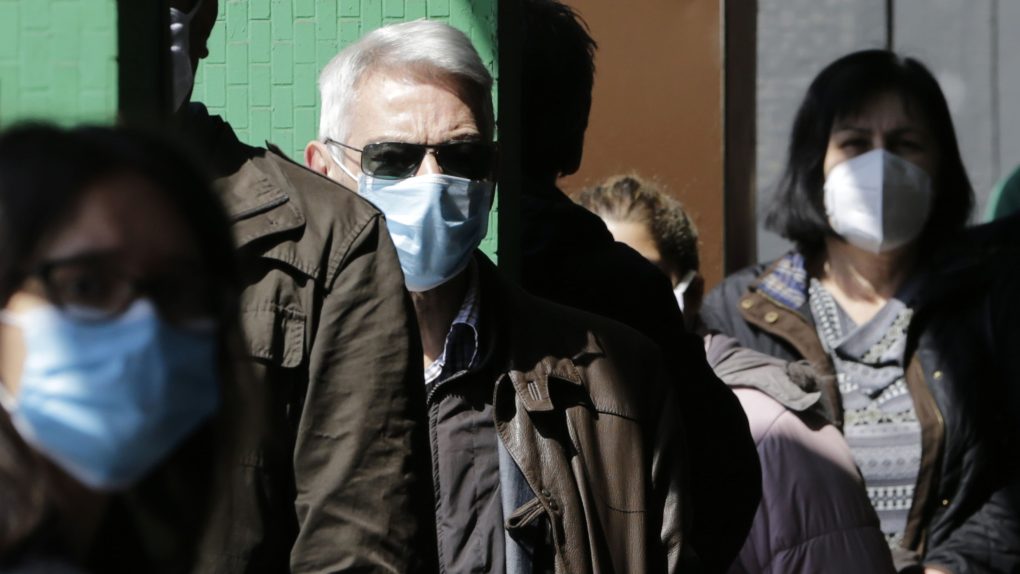- The novel coronavirus infection will generate immunity, but it might not last anywhere near as long as vaccine-induced COVID-19 resistance, a researcher said.
- COVID-19 survivors might get infected again in the coming years, the researcher noted, which tends to be true of all coronaviruses and not just SARS-CoV-2.
- A vaccine might be able to generate a more robust immune response, the Oxford University researcher said.
- Visit BGR’s homepage for more stories.
More and more COVID-19 survivors are testing positive again for the novel coronavirus, and some of them are even showing mild symptoms the second time around. Researchers are trying to understand the reasons why that happens, as that’s not the kind of question we can afford to leave unanswered. It’s not only crucial for COVID-19 immunity research, but also for mitigating new outbreaks and devising policies for easing social distancing restrictions. If patients retest positive, does it mean they’re infectious? Was it a testing error? Is it possible they were reinfected?
So far, it’s believed that people who test positive again haven’t been reinfected by someone else. Instead, the virus may have been dormant inside them and a weaker immune response may have resurrected it. But one researcher who is working on a COVID-19 vaccine candidate said people who have recovered from the disease might be reinfected again. However, that likely can’t happen as soon as you think, and it likely doesn’t explain why recovered patients are testing positive again.
Oxford University Professor Sarah Gilbert told BBC that infection-induced immunity might not last as long as vaccine-induced immunity. The researchers are hoping to start clinical trials in the UK this week.
Gilbert said that if somebody has been infected with the novel coronavirus, it’s likely that they could be infected in the future. It’s not likely that it can happen in the near-term future, but down the road a bit. It’s unclear how long infection-induced immunity lasts, but the professor speculates at least several years. If that turns out to be accurate, then COVID-19 survivors should be immune to the disease until a vaccine is widely available.
The Oxford University vaccine is just one of more than 70 candidates, and the general public will have to wait up to 18 months to get it.
The professor also said the coronavirus is good at not leaving a robust immune response, which would explain why you might contract the disease again. This is valid for COVID-19 and other coronaviruses, but a vaccine should offer a longer-lasting effect.
Oxford is using a different virus to make a COVID-19 vaccine, Gilbert noted. “With the adenovirus that we used to make the vaccine, you get strong immune responses, and they stay at a high level for a long period of time,” she said. Gilbert added that with its MERS vaccine candidate, there was a strong immune response for at least a year. More research will be required to see how long COVID-19 immunity lasts, but the professor seemed to suggest that a person might not require a new inoculation for COVID-19 every year, as is the case with flu vaccines.
More research is needed and it’s too early to say what vaccine candidates will be the most effective with it comes to preventing COVID-19 infections.








